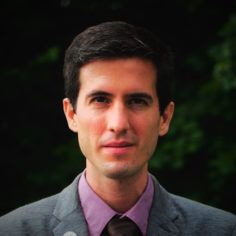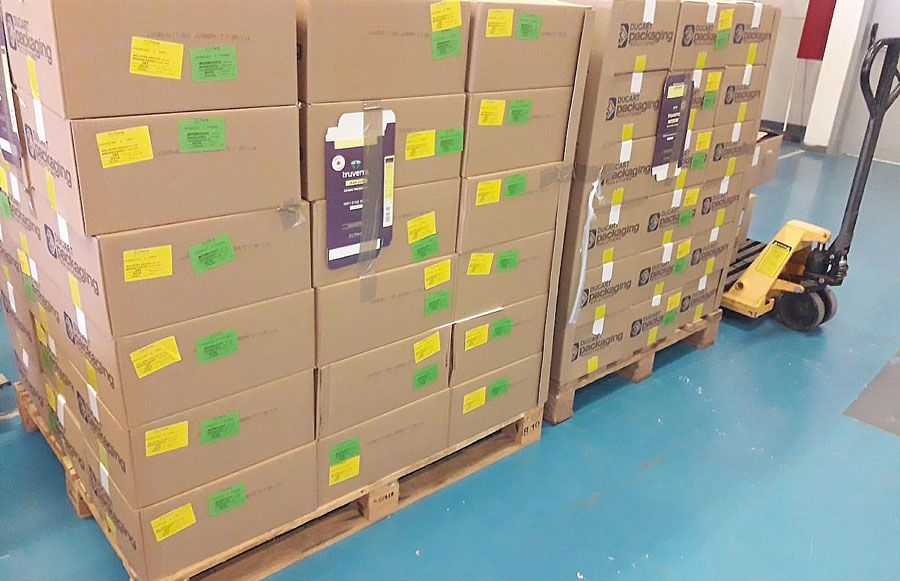A new monograph from German health regulators that defines cannabis extracts (Cannabis extractum normatum) might require companies currently selling or planning to peddle these products in Germany to adapt their formulations.
The new entry in the latest version of the German pharmacopoeia (Deutsches Arzneibuch, DAB) went into effect June 1.
The German pharmacopoeia – binding only on a national level – has included a cannabis monograph since 2017 – but only for flower.
No European cannabis monograph exists, but a draft is in the works. If ever published, a European cannabis monograph would facilitate standardization across the continent.
To comply with the cannabis extracts rules, Canadian-based Tilray changed the carrier oil of the full-spectrum extract THC25, which it sells in Germany, Apotheke Ad-Hoc reported.
According to the report, Tilray THC25 oil started using medium-chain triglycerides (MCT) as carrier oil instead of grape seed oil, which the company had been using.
THC25 is a full-spectrum oil that has 25 milligrams/milliliters of THC and less than 0.5 milligrams/milliliters of CBD, sold in 25-milliliter bottles.
Pharmacists dispensing magistral preparations in Germany – the category under which Tilray oils are currently sold – must, among other things, test the products before handing them over to patients.
According to Apotheke Ad-Hoc, Tilray will continue providing the same THC “rapid test” as before because it also works with the new formulation, delivering the result in only a few minutes. This is much faster than a thin-layer chromatography (TLC).
In theory, pharmacists should conduct a TLC to test cannabis extracts, but several regional German health authorities tolerate simpler alternatives.
Sita Schubert, secretary general of the European Medicinal Cannabis Association, recently recommended lowering the minimum THC called for in the new German monograph for cannabis extracts from 1% to 0.2%.
The 1% THC lower limit in the monograph means that only products with at least that percentage of THC qualify as medicinal cannabis extracts.
According to the EUMCA, this could deny younger patients “access to their existing treatments,” and “the physician, not the policymaker … should be making the decision on the appropriate course of treatment and formulation for their patient.”
Alfredo Pascual can be reached at alfredop@mjbizdaily.com




